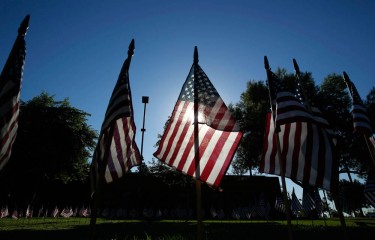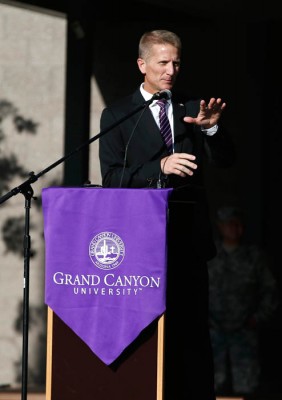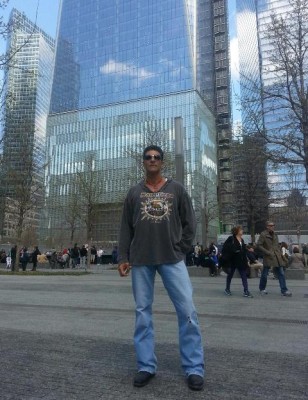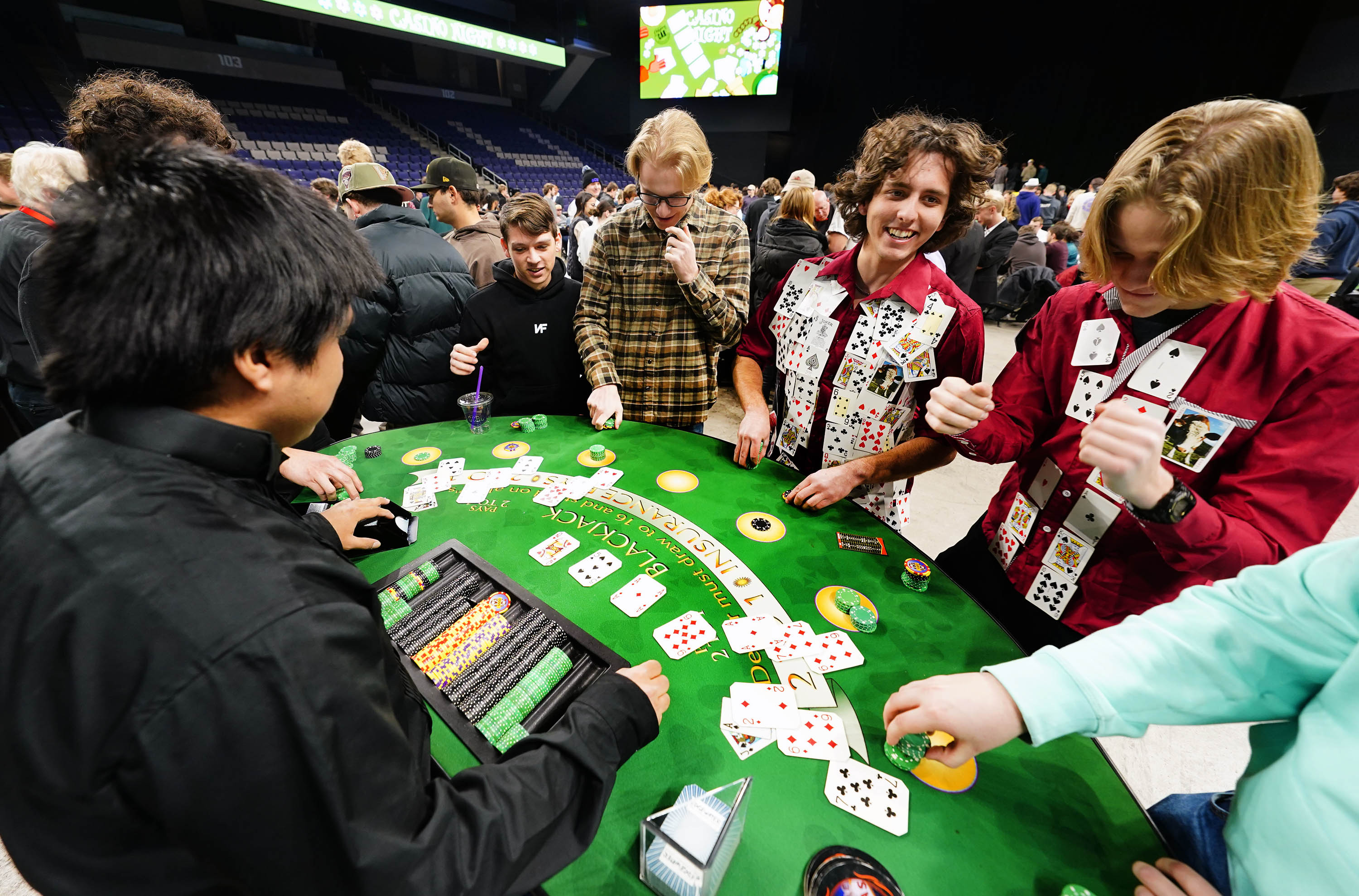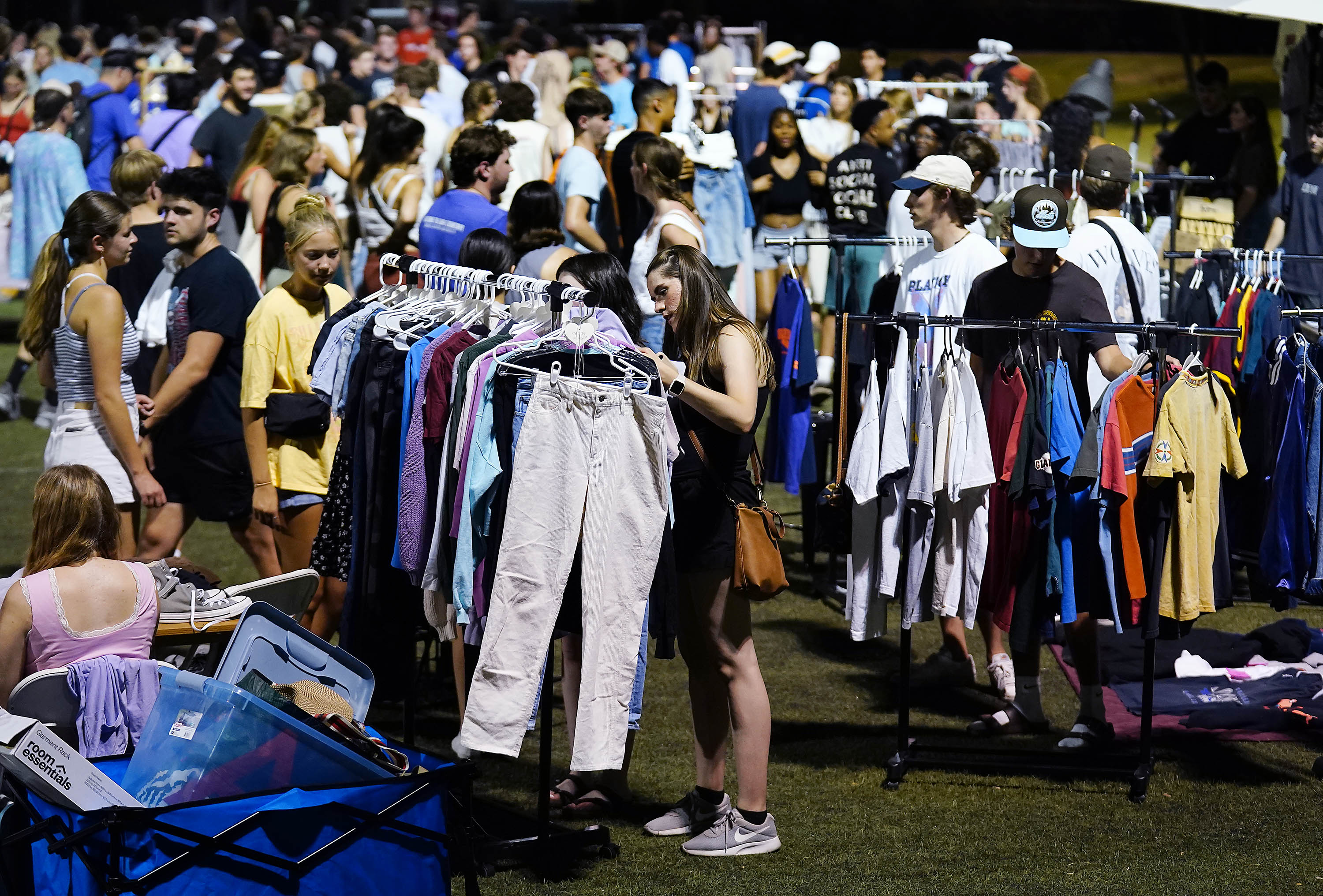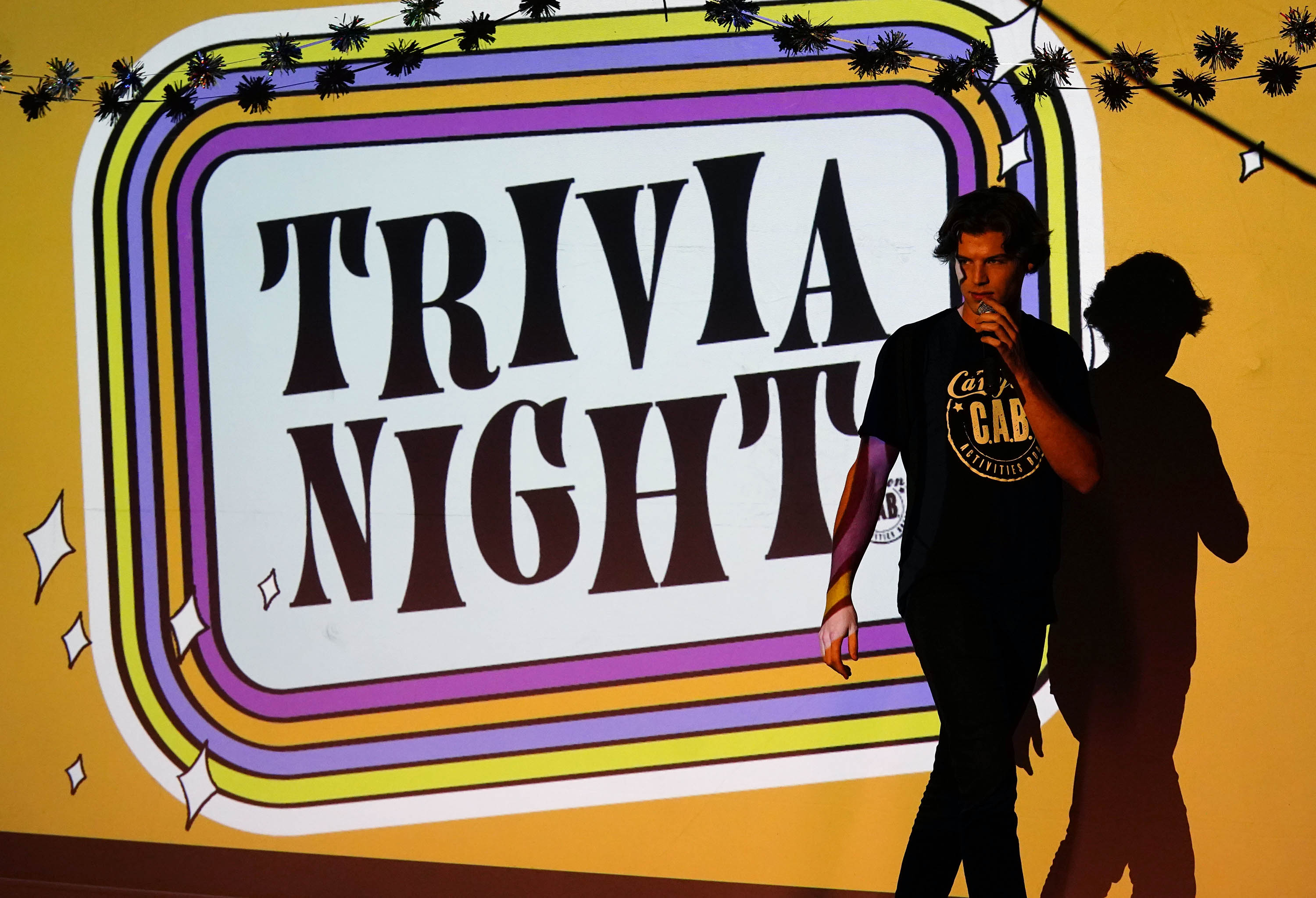Story by Michael Ferraresi and Rick Vacek
Photos by Darryl Webb
GCU News Bureau
Four days after the World Trade Center fell, Joe Frosch rode the ferry from his home on Staten Island toward Manhattan, where the dust and smoke from the attacks still lingered over Ground Zero.
Frosch, who was with the New York City Police Department for 18 years and now is a public safety officer at Grand Canyon University, said the scene looked like “someone had knocked out the city’s front teeth.”
Frosch had retired from the force in 2000, but he volunteered — as did many former public safety officers in New York — to assist with the search and rescue mission at the World Trade Center after the Sept. 11, 2001, terrorist attacks. Once he was on the site, with authorities shepherding volunteers around what appeared to be a war zone, Frosch felt disoriented.
“They said it was Church Street,” the 53-year-old Queens native said. “I couldn’t tell. And I’d known Manhattan my whole life.”
On Thursday morning GCU hosted a Sept. 11 memorial service with 2,977 American flags planted on the Quad in front of the Arena to commemorate the victims of the terrorist attacks. Hosted by the campus Student Veterans Association, the event included prayers and the presenting of colors. Throughout the day on campus, names of 9/11 victims would be read aloud, and students and staff were encouraged to keep in mind the human toll of that historic day.
For Frosch, Sept. 11 is a “sacred day” when he rides his customized motorcycle to pay tribute to the first responders he knew who died in the attacks. He also joined family and friends at a Tempe 9/11 memorial, as he has in years past.
He said he will never forget hearing hundreds of firefighter distress signals buzzing beneath the rubble of the Twin Towers or the body parts of victims that he helped place on gurneys, each draped in an American flag and saluted by public safety workers.
Frosch also recognizes he is lucky to be alive. He said he was diagnosed with chronic lymphocytic leukemia about the time he moved to Arizona, and he understands, “with no doubt whatsoever,” that he developed cancer from being at Ground Zero. Frosch said he has been in remission for several years.
Frosch isn't likely to forget the sights and sounds in his Staten Island neighborhood in the aftermath of 9/11. A number of firefighters lived in the neighborhood, he said, and it seemed there was a funeral every day in the weeks following the attacks.
“All we’d hear was bagpipes every day,” said Frosch, who joined GCU in July and already has emerged as a mentor to the department’s younger officers. “It was very sad. Very sad. All the innocence was taken away … everything I grew up with, everything I knew.”
A field of flags to remember the fallen
At the University ceremony, the flags — one for every victim in New York, Washington and Pennsylvania — were placed on the lawn of the Quad in the shape of the Twin Towers and the Pentagon.
There also were flags arranged in the shape of the numbers of the four hijacked flights: American Airlines Flight 11, which crashed into the North Tower of the World Trade Center; United Airlines Flight 175, which was flown into the South Tower; American Airlines Flight 77, which crashed into the Pentagon; and United Airlines Flight 93, which slammed into a field in Pennsylvania after passengers rushed the cockpit.
Another 129 flags were on the lawn in the shape of Arizona, representing the number of veterans from this state killed in the line of duty during the war on terror. “USA” was spray painted on the grass at the north end of the Quad.
Dr. Randy Gibb, dean of the College of Business and a retired U.S. Air Force colonel, was the featured speaker and talked about the importance of honoring the victims, educating young people and inspiring everyone to continue to defend freedom.
“It’s about honoring those who served and continue to serve our country,” he said. “It’s also about educating future generations so that those who are too young to remember can understand what it means to be free.”
Afterward, Gibb shared his memories of that day and many days after it: He was assigned to fly a series of missions to transport military personnel and anyone else who needed to get from Point A to Point B. There even was a time when a specially trained dog had to be flown to New York.
Gibb was flying when all U.S. domestic flights had been grounded. “It was eerie,” he said.
‘A fatherly way’
Frosch hasn’t worked as a cop since 2000, when he retired from the NYPD. After moving to Arizona, he worked a variety of jobs, including a brief stint in a sales-and-marketing role for the Arizona Diamondbacks — a team he said he’s beginning to follow more than his beloved New York Yankees.
Upon joining GCU's Public Safety Department, Frosch went through a two-week training program that covered many of the essentials of modern policing. Much of it was new to him, and the married father of two adult daughters said he learned a lot.
Ryan Sand, who oversees GCU’s public safety training with fellow officer Jason Heil, said both training officers found themselves laughing hysterically at Frosch’s humor during his interview. His affable personality and booming New York accent likely will make him recognizable around campus.
“He’s just one of those people who will really be able to help students,” Sand said. “He’s definitely got a fatherly way about him, and he takes that to heart.”
Contact Michael Ferraresi at [email protected] and Rick Vacek at [email protected].

